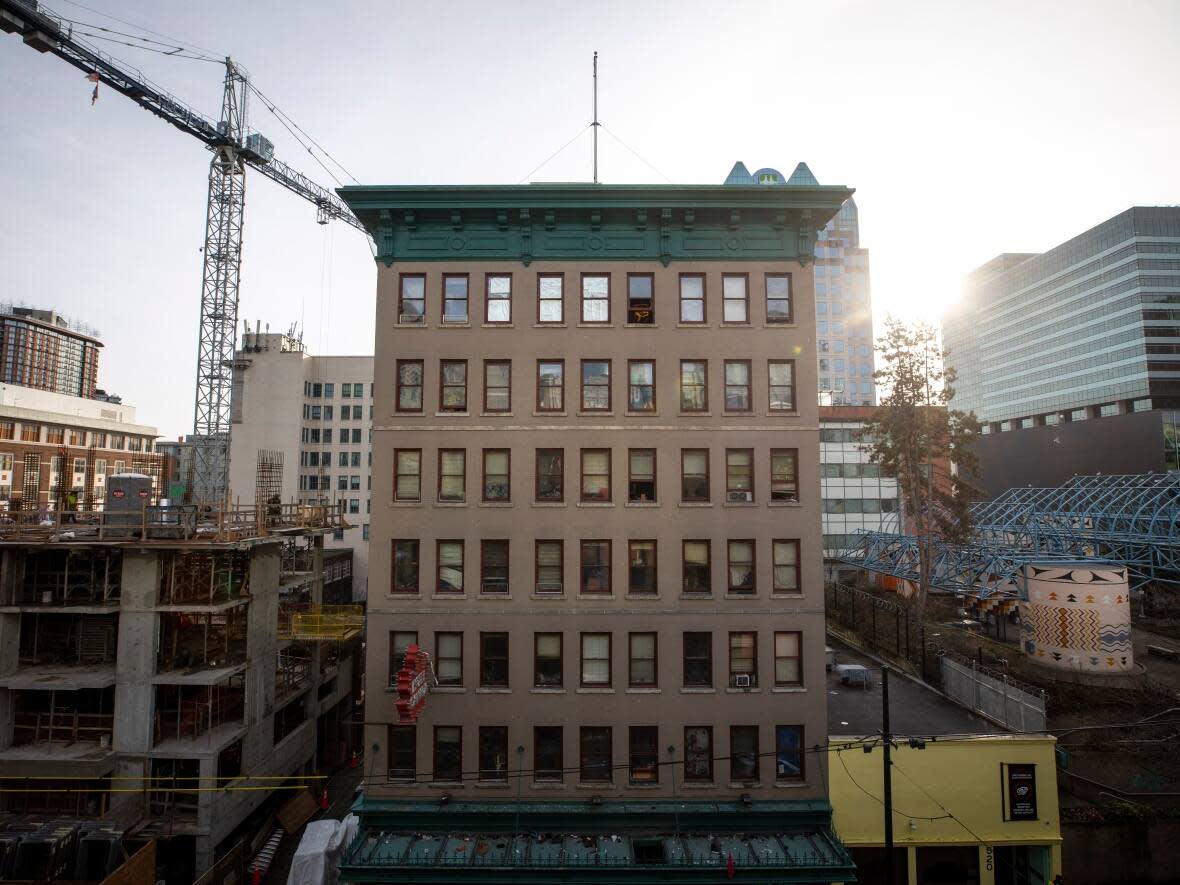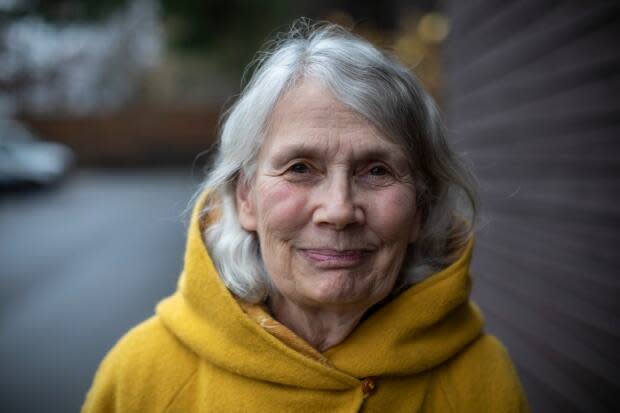Province and City of Vancouver announce new housing units in Downtown Eastside

The province and the City of Vancouver announced on Sunday that 330 new homes will be built in Vancouver's Downtown Eastside by the end of June.
It's a move the province hopes will provide enough housing for those sleeping in tents in an encampment along East Hastings Street.
The announcement comes eight months after some residents there were forced to move by city workers following an order from the city's fire chief, who said the tents and makeshift residences posed a fire hazard.
Advocates and DTES residents have previously been critical of the city's plan for the neighbourhood, saying that the housing that is on offer for residents is unsafe and, in addition, there simply isn't enough of it.
B.C. Housing Minister Ravi Kahlon told reporters Sunday that the new housing units were being built in collaboration with "Indigenous, community and government partners", and they would open on a rolling basis over the next three months.
"As safety concerns increase, we're urging people to take up offers to move [to] indoor spaces, as they're available right now, and we continue to open up more long-term spaces," he said. "There's been a lot of efforts being put in place to ensure that when people are moved out of an encampment … their personal belongings are held for them in a safe way."
According to the minister, the new housing will consist of 89 units in modular supportive housing projects, and the rest made up of renovated single-room occupancy (SRO) housing.
The province had already announced the supportive housing projects back in December, which were set to open this month. The province says they will now open "this spring." It's unclear exactly which SROs are being renovated for the plan.
Vancouver Mayor Ken Sim said that stories of vandalism, theft and overdose deaths at the encampment were "heartbreaking", and that a coordinated effort was needed to solve the issue of homelessness.
"We can say with confidence that it is much safer for people to be in those shelters than it is to be in those encampments," Kahlon added, when asked if there was temporary space already available for those living outdoors.
The province and city did not immediately provide an estimate for how much the new plan would cost.

Number of structures along street down since last July
The announcement Sunday was one of the rare times the scale of homelessness in the Downtown Eastside has been revealed with numbers.
While a comprehensive homeless count is underway in the Lower Mainland for the first time in three years, the province says there are "approximately" 117 people currently living outside on East Hastings Street.
According to Kahlon, 70 of those people have "expressed a desire for housing", and indoor housing has been offered to all tent city residents.
The province says 90 people accepted housing since the fire order last July, and that the number of outdoor structures had dropped by 60 per cent since then.

Jean Swanson, a former Vancouver city councillor, said that the province was not being transparent with how many affordable housing units were being lost when they announced new projects.
"We'll be losing more than we're gaining," she told CBC News.
She also said that SROs and shelter spaces can be unsafe for tent city residents, particularly women who have to share common areas and bathrooms.
"There's lots of reasons why people don't like the housing that's offered," she said. "If they offered them real housing — like temporary modular housing with the kitchen and bathroom — most people would say yes."


